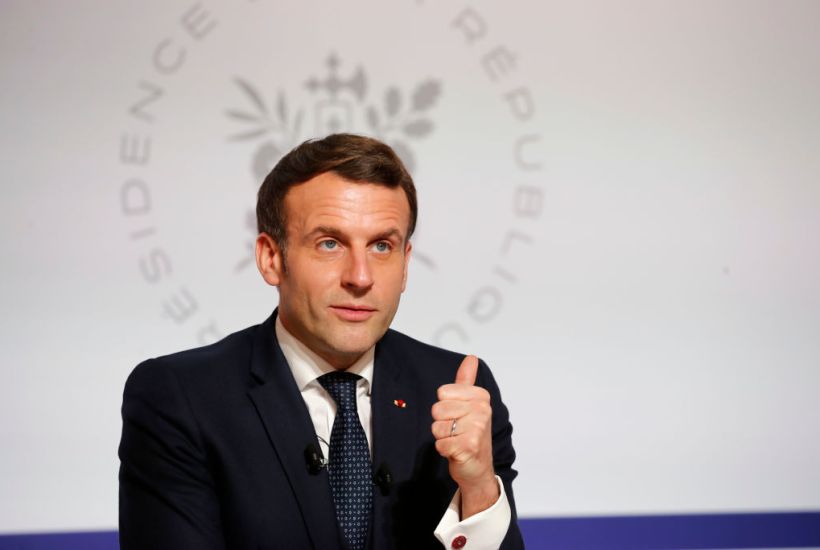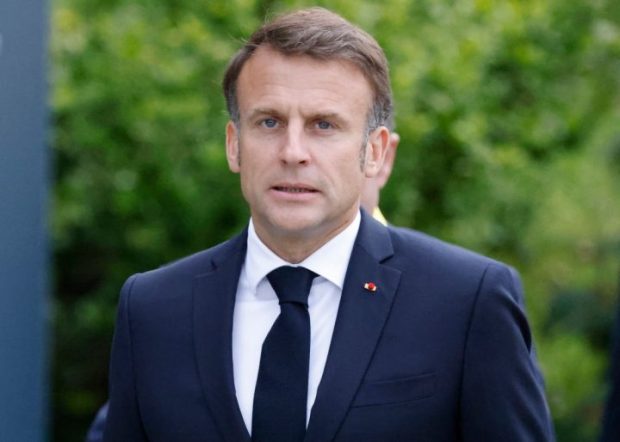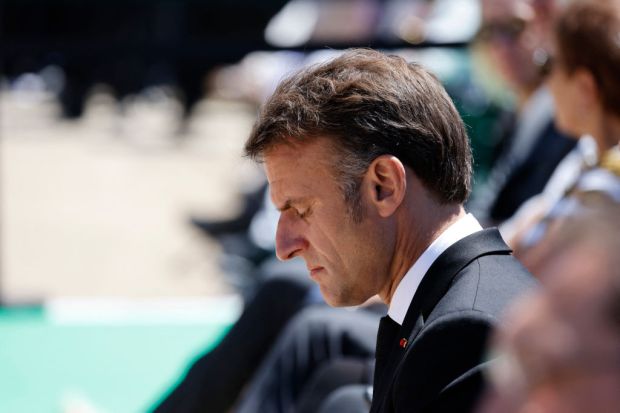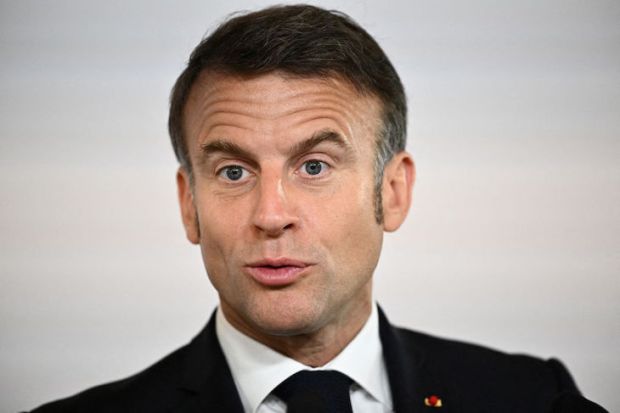There was a rally in Paris on Sunday at which a couple of hundred protestors vented their anger at the French government’s ‘anti-separatist bill’ which is being debated in the National Assembly. It was a disparate but predictable gathering of what one broadcaster described as ‘anti-racism, left-wing, pro-Palestinian and other activist groups’.
Already a subscriber? Log in
Subscribe for just $2 a week
Try a month of The Spectator Australia absolutely free and without commitment. Not only that but – if you choose to continue – you’ll pay just $2 a week for your first year.
- Unlimited access to spectator.com.au and app
- The weekly edition on the Spectator Australia app
- Spectator podcasts and newsletters
- Full access to spectator.co.uk
Or





















Comments
Don't miss out
Join the conversation with other Spectator Australia readers. Subscribe to leave a comment.
SUBSCRIBEAlready a subscriber? Log in